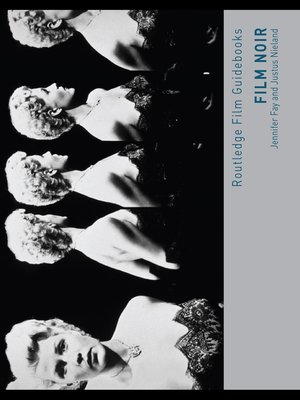Film Noir
ebook ∣ Hard-boiled Modernity and the Cultures of Globalization · Routledge Film Guidebooks
By Jennifer Fay

Sign up to save your library
With an OverDrive account, you can save your favorite libraries for at-a-glance information about availability. Find out more about OverDrive accounts.
Find this title in Libby, the library reading app by OverDrive.



Search for a digital library with this title
Title found at these libraries:
| Library Name | Distance |
|---|---|
| Loading... |
The term "film noir" still conjures images of a uniquely American malaise: hard-boiled detectives, fatal women, and the shadowy hells of urban life. But from its beginnings, film noir has been an international phenomenon, and its stylistic icons have migrated across the complex geo-political terrain of world cinema. This book traces film noir's emergent connection to European cinema, its movement within a cosmopolitan culture of literary and cinematic translation, and its postwar consolidation in the US, Europe, Asia, the Middle East, and Latin America.
The authors examine how film noir crosses national boundaries, speaks to diverse international audiences, and dramatizes local crimes and the crises of local spaces in the face of global phenomena like world-wide depression, war, political occupation, economic and cultural modernization, decolonization, and migration. This fresh study of film noir and global culture also discusses film noir's heterogeneous style and revises important scholarly debates about this perpetually alluring genre.
Key Films discussed include:
The Maltese Falcon (Huston, 1941)
Stray Dog (Kurosawa, 1949)
Aventurera (Gout, 1950)
Out of the Past (Tourneur, 1947)
Ossessione (Visconti, 1943)
La Bá Humaine (Renoir, 1938)
C.I.D. (Khosla, 1956)
The Lady from Shanghai (Welles, 1947)
The American Friend (Wenders, 1977)
Chungking Express (Wong, 1994)







